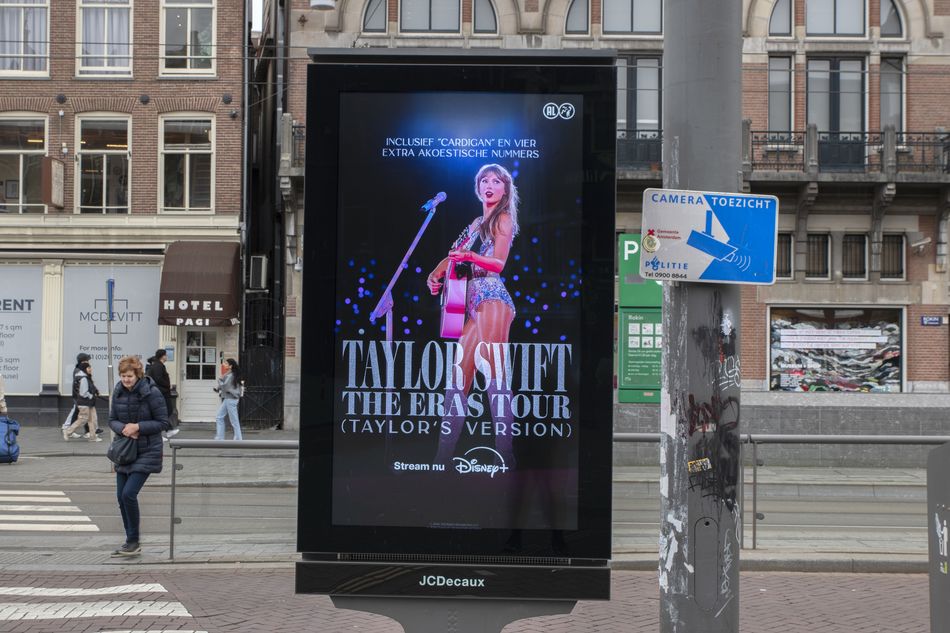StubHub's long journey ends in disappointing US$800m IPO

StubHub concluded its prolonged journey to the public markets on Tuesday by raising US$800m in its NYSE IPO with nearly all the deal going to 25 institutions, despite the inclusion of retail platforms in the distribution structure – and then shares fell.
Amid a growing fascination with retail investors, the online ticket broker sold less than 10% of the funding through Robinhood Financial, SoFi Securities and other retail systems enlisted as brokers on the offering.
JP Morgan and Goldman Sachs, as joint lead bookrunners, priced 34m new shares at US$23.50, the midpoint of the US$22–$25 marketing range. They placed 60% of that stock with 10 institutional investors, 85% with the top 25 institutions and only a mid-single-digit percentage with retail.
StubHub shares finished their NYSE debut on Wednesday at US$22 and continued their descent to close on Thursday at US$20.50, 12.8% below offer.
"The valuation was a bit aspirational," said one hedge manager, suggesting the forward earnings projections used in marketing were ambitious.
Pricing gave StubHub an enterprise value of US$9.8bn, a 10.5 times' expected Ebitda for 2026. That is between the nine times and 15 times forward multiples at which Vivid Seats and Live Nation Entertainment trade, so a seemingly appropriate discount.
Those forward projections include another possible Taylor Swift tour and the upcoming FIFA World Cup, events that have led to bumper results in the past three years. StubHub's first-half 2025 adjusted Ebitda dropped 26.2% to US$102.3m, underscoring the significance of premium events such as Swift's The Eras Tour, which concluded in December.
The retail era
While not as prominent on the StubHub deal, retail investors have been an increasingly sought-after constituent on recent US IPOs, notably among the crypto class.
"The perception about retail being low quality is changing," said a banker involved in the StubHub offering. "If you look at recent deals, retail accounts have proven to be firm hands in the book and net buyers in the aftermarket. Retail participation creates momentum and scarcity that can push institutions on valuation."
Gemini Space Station, a crypto exchange headed by Cameron and Tyler Winklevoss, allocated retail 30% of the US$425m raised on its IPO earlier this month. The company opted to downsize the offering to 15.2m shares, from 16.7m shares, while pricing at US$28, above the high end of the original US$17–$19 marketing range.
After popping to a high of US$45.89 on debut, Gemini shares have since fallen to US$24.48, 12.6% below offer.
USDC stablecoin provider Circle Internet started the latest retail trend with its US$1.21bn NYSE IPO in June and Bullish, the Tom Farley-led crypto exchange, followed in August by raising US$1.11bn through an NYSE IPO that included roughly 20% retail.
“It does feel like we are getting smaller allocations than expected on some of the deals,” said one institutional investor.
Pattern Group, an ecommerce expeditor, included Robinhood and SoFi as "selling group members" on its US$300m Nasdaq IPO on Thursday.
“Retail has been a blind spot for people in my seat for some time,” said the head of tech ECM at one bank. “There’s always been the perception of retail as blind. But retail has proven to be smart money. They bought the market dip following 'liberation day' [in April]."
Institutions are the bedrock to setting valuation on IPOs, with retail viewed as unreliable price chasers. But attitudes to retail's input might be changing.
"A lot of the founders are rethinking their approach to retail as price discovery rather than as a plug,” said the head of tech ECM.
Long road
What makes the disappointing trading of StubHub all the more remarkable is that this was a highly vetted process.
The company had planned to go public in April at an even higher valuation, only to see those hopes dashed with the tariff announcements by US president Donald Trump. His "liberation day" speech on April 2 and the uncertainty it caused meant just one company went public that month in the US, SmartStop Self Storage REIT on April 1.
There have been multiple rounds of testing the waters with investors before the planned launch in April and since, bankers involved in the process told IFR.
After selling to eBay in 2007, StubHub founder Eric Baker bought back the business in 2020 via UK online ticket broker Viagogo for US$4.05bn, funding the purchase with a generous amount of debt.
StubHub used some of the IPO proceeds to repay US$550m of bank debt, paring its load to US$1.8bn and increasing cash levels to US$1.5bn.
In marketing the IPO, the company highlighted that gross merchandise sales in the first half of 2025 rose by 11% to US$4.4bn, excluding declines from the end of the Swift tour.
In addition to the high debt load, there are risks in relying more heavily on event promotion over ticket brokering.
The reality may be that StubHub is a highly leveraged company, a profile that lacks appeal to institutional and retail investors alike. Regardless, any debate on valuation should have been settled a long time ago.





